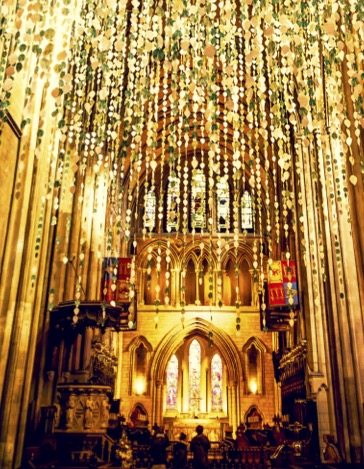Religiosity and psychosis
DOI:
https://doi.org/10.33178/SMJ.2023.1.8Keywords:
psychosis, religiosityAbstract
Religion and spirituality (RS) have been integral aspects throughout human history, possibly being observed as far back as 500,000 years ago in the ritual treatment of skulls during the palaeolithic period. Today, despite the growth in relatively secular societies, almost 90% of the world has some RS affiliation. Interestingly enough, mental health has historically been interlinked with RS. Family and adoption studies show that a family history of psychosis is correlated with intense interest in RS. Furthermore, the association between Postictal psychosis, a common complication of epilepsy, with religiosity is well documented. It is conceivable that this association led to epilepsy being historically linked with the divine, demonic and supernatural. In fact, there is ample evidence to suggest that many historic religious figures had epilepsy and psychosis. In clinical practice - and in broader society - the incidence of religiosity in epilepsy patients is likely underestimated. While postictal psychosis symptoms range in RS intensity, it is not uncommon for patients to have severe RS delusions and even convert after episodes.
References
Rim, J. I., Ojeda, J. C., Svob, C., Kayser, J., Drews, E., Kim, Y., Tenke, C. E., Skipper, J., & Weissman, M. Current Understanding of Religion, Spirituality, and Their Neurobiological Correlates. Harvard review of psychiatry, 27(5), 303–316. (2019). Available from https://doi.org/10.1097/HRP.0000000000000232
Dein, S., & Littlewood, R. Religion and psychosis: a common evolutionary trajectory?. Transcultural psychiatry, 48(3), 318–335. (2011). Available from https://doi.org/10.1177/1363461511402723
Devinsky, O., & Lai, G. Spirituality and religion in epilepsy. Epilepsy & behavior: E&B, 12(4), 636–643. (2008). Available from https://doi.org/10.1016/j.yebeh.2007.11.011
Koenig H. G. Research on religion, spirituality, and mental health: a review. Canadian journal of psychiatry. Revue canadienne de psychiatrie, 54(5), 283–291. (2009). Available from https://doi.org/10.1177/070674370905400502
Devinsky O. Postictal psychosis: common, dangerous, and treatable. Epilepsy currents, 8(2), 31–34. (2008). Available from https://doi.org/10.1111/j.1535-7511.2008.00227.x
Ogata, A., & Miyakawa, T. Religious experiences in epileptic patients with a focus on ictus-related episodes. Psychiatry and clinical neurosciences, 52(3), 321–325. (1998). Available from https://doi.org/10.1046/j.1440-1819.1998.00397.x
Menezes, A., Jr, & Moreira-Almeida, A. Religion, spirituality, and psychosis. Current psychiatry reports, 12(3), 174–179. (2010). Available from https://doi.org/10.1007/s11920-010-0117-7
Ng F. The interface between religion and psychosis. Australasian psychiatry : bulletin of Royal Australian and New Zealand College of Psychiatrists, 15(1), 62–66. (2007). Available from https://doi.org/10.1080/10398560601083118
Kéri S. Self-Transformation at the Boundary of Religious Conversion and Psychosis. Journal of religion and health, 59(1), 584–597. (2020). Available from https://doi.org/10.1007/s10943-017-0496-8
Hufford, D. J. Visionary spiritual experiences and cognitive aspects of spiritual transformation. The Global Spiral. (2008). Available from http://www.metanexus.net/magazine/tabid/68/id/10610/Default.aspx.

Downloads
Published
License
Copyright (c) 2024 Anton Malakhveitchouk

This work is licensed under a Creative Commons Attribution-NonCommercial 4.0 International License.









